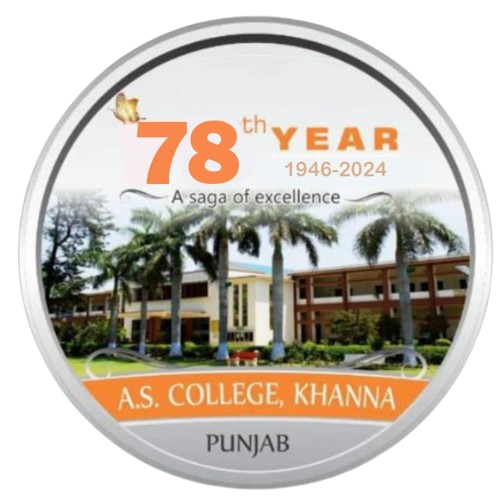1. ABOUT THE POLICY
This examination policy has been formed in order to implement the various procedures for planning, smooth conducting, and accurate evaluation of examinations as well as to ensure the operation of an efficient examination system with clear guidelines for all the stakeholders.
2. VISION
To regulate the fair and effective examination system.
3. MISSION
To improve the qualitative and quantitative efficiency of students.
4. OBJECTIVES
(i) To implement university guidelines for conducting and evaluating examinations.
(ii) To ensure transparency and time-bound preparation of internal assessment.
(iii) To enhance pass percentage of students.
(iv) To cater the needs of differently abled students during examinations.
(v) To deal with discrepancies faced during examinations.
(vi) To guide the students who failed/missed the examinations.
(vii) To prepare the students for competitive examinations.
5. STRATEGIES AND ACTION PLANS
Objective (i): In pursuance of operationalisation of curricula, the faculty of the institution is in an active networking with the university as far as the duties of examination conduct, inspection and evaluation are concerned. As per guidelines of Panjab University, students of different UG and PG Courses are required to have a minimum attendance of 75% for appearing in final examinations. The students who fail to fulfill the minimum attendance of 75% can be given condonation of 10% by the Principal of the college to enable them for appearing in the final examination. The evaluation process adopted by the institution is in full consonance with the University guidelines.
Objective (ii): In order to incorporate an element of continuous assessment of students, an internal assessment ranging from 10% to 20% of the total marks in theory/practical in all subjects/papers has been introduced. Out of the theory component, highest weightage of 50% is given on the basis of class tests, 30% weightage is given on the basis of student assignments and the rest 20% assessment is given on basis of percentage attendance. Students with attendance above 85% are awarded full credit whereas those with attendance between 75% and 85% are given half the credit of attendance assessment component. A complete record of the students participating in different co-curricular activities is also maintained and given consideration at the time of awarding the internal assessment component on basis of the attendance. The Examination Board rechecks and verifies the assessment awards given by the teachers before compiling the final softcopies for onward submission to the University.
Objective (iii): Wherever necessary, remedial classes are arranged for slow-learners and those having compartments in the previous examination. They are encouraged to discuss the topics with respective teachers during the practical classes/ vacant periods depending upon the availability of the time. The teachers provide easy to follow study material and reference books to these students. The senior students are also motivated to help the slow learners.
Objective (iv): During the examination, the blind students are provided a writer on their behalf and their seats are arranged in a separate room under supervision of a separate assistant superintendent. The differently abled students appearing in the final examination are allowed exclusive access and parking facilities in the examination centers. The comfortable seating arrangement is ensured for these students.
Objective (v): Whenever there are flaws in the university question papers, students make a written representation regarding syllabus/pattern of question papers to the respective departments which is duly forwarded by the Principal to the Board of Studies for necessary action. Students having grievances related to Roll No. not received, DMC/ degree Certificate not received, result related inquiry, revaluation result inquiry, fees related inquiry, correction in form, wrong subject, problem in examination form, submission of documents and any other examination related issue can e-mail their inquiries to Examination Branch.
Objective (vi): In many cases, the students fail to fulfill conditions to appear in final examinations due to one or the other reason, pertaining to illness, domestic problems and financial constraints. In order to address such cases, the college guides the students as per university rules.
Objective (vii): The teachers of the various departments provide useful information for preparing various competitive examinations particularly the UGC-NET and SLET. The PG students are informed about the deadlines and other information concerning the UGC-NET. The institution also extends internet and INFLIBNET facility to the UG/PG students preparing for competitive examinations.
6. MONITORING AUTHORITY
Examination Board: The Examination Board of the institution keeps a track of the University reforms and ensures that the stakeholders are timely informed and updated about the new reforms, guidelines and instructions on how to calculate internal assessment on basis of performance in class tests, assignments and attendance. The Board also discharges examination supervision duties as Superintendent/ Deputy Superintendent/Assistant Superintendent. In order to evaluate the outcome of teaching-learning process, the Examination Board of the college prepares Result Statements for all the UG and PG programmes.


